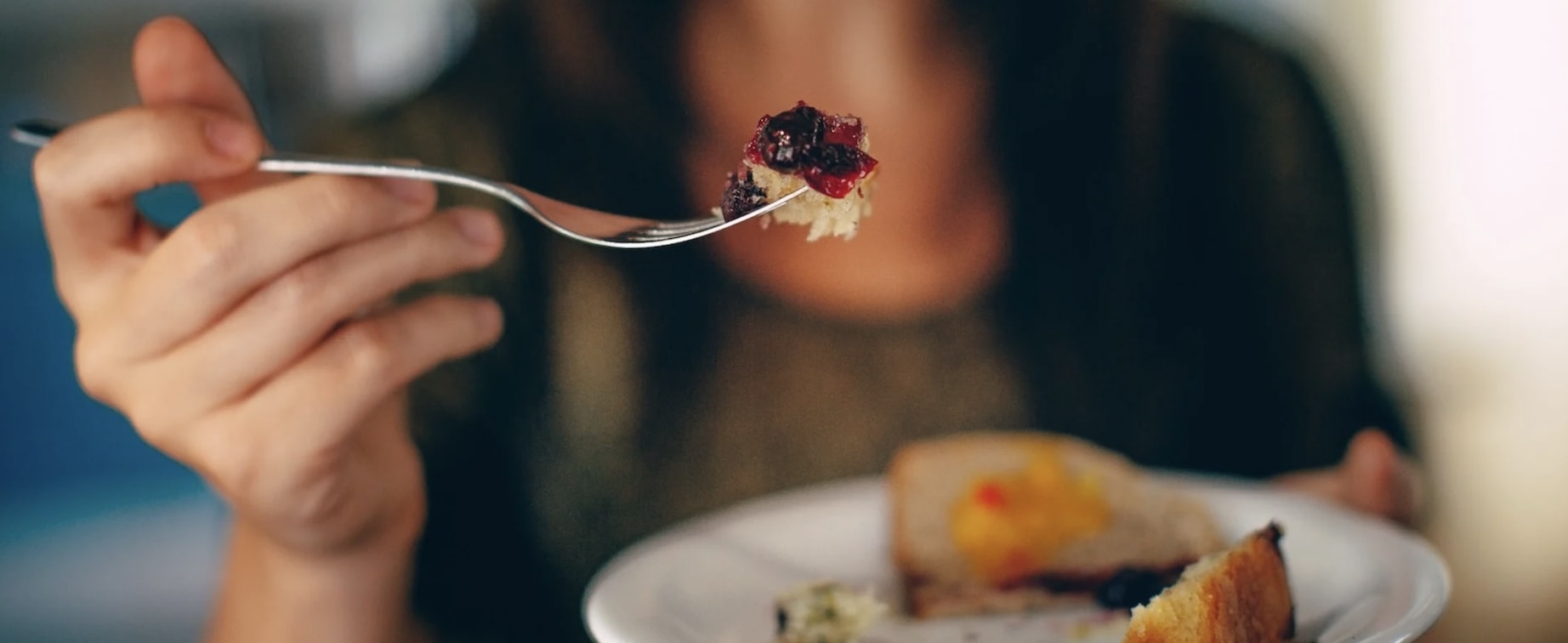Table of Contents
III. Malnutrition and Dehydration
IV. Medications that Affect Motility
Gastroparesis and Diabetes
Gastroparesis is a stomach disease characterized by symptoms of abdominal bloating, vomiting, acid reflux, and nausea. The symptoms of gastroparesis are usually managed with medication like Reglan (metoclopramide), Motegrity (prucalopride), and Motilium (domperidone). A person with gastroparesis is unable to propel food through their digestive tract. The exact cause for gastroparesis is still unclear. Sometimes, damage to the nerve that controls your stomach muscles (also called the vagus nerve) can cause gastroparesis.
Due to the strong link between vagus nerve damage and gastroparesis, diseases that can damage your vagus nerve can cause gastroparesis complications. One disease that can damage your vagus nerve is diabetes. If you have diabetes, your risk of getting gastroparesis goes up but gastroparesis does not cause diabetes. However, by keeping food from passing into the small bowel, gastroparesis can cause unpredictable blood sugar changes, making your diabetes difficult to manage. Erratic blood sugar levels can then make your gastroparesis worse. [1]
Stomach masses called bezoars are indigestible material stuck in your digestive track. Bezoars are a common complication of gastroparesis. Bezoars can cause gastric ulcers and intestinal bleeding. When your stomach cannot move food quickly, the undigested food that remains in your stomach can harden and form bezoars. Bezoars can cause nausea, vomiting, weight loss, and appetite loss. Additionally, bezoars in your digestive tracts can create dangerous blockages. If bezoars stop food from passing into your small intestine, your life may be at risk. [1] [2]
Solid Stomach Masses
Get savings updates for Reglan
Malnutrition and Dehydration
Many of the symptoms you experience when you have gastroparesis may lead to appetite loss. As mentioned above, bezoars can make you lose your appetite. Excessive vomiting will cause poor appetite as well. When food remains in your stomach too long, you may be unable to absorb enough nutrients. These factors combine to increase your chance of malnutrition when you have gastroparesis. [1]
When you have gastroparesis, staying hydrated can be extremely challenging. A normal stomach empties its contents into the small intestine regularly. When gastroparesis causes food, drinks, stomach acid, and gastric juices to stay in the stomach for hours, you can feel bloated. Drinking water can feel nauseating if you have gastroparesis. A person with gastroparesis can vomit 10 to 30 times a day because their stomach is constantly overflowing. Not being able to provide your body with food and water throughout the day can unbalance your potassium, calcium, and magnesium levels. [3]
Motility is the word used to describe the normal spontaneous movement of muscles in your stomach. People who have gastroparesis have slow motility. Some medications that cause slow motility can cause even slower movement in gastroparesis patients. Medications like opioid pain relievers, allergy medication, high blood pressure medication, and some antidepressants may worsen your gastroparesis. If you have a condition other than gastroparesis, talk to your doctor to ensure gastroparesis does not affect any of your treatments. [1] There is always the possibility that you may encounter complications with your gastroparesis. The good news is that there are steps you can take to prevent these complications. Many people who have gastroparesis can manage the condition with the right dietary changes. Foods that are high in fiber have the effect of slowing down digestion. The same goes for alcohol and foods that are high in fat. A general rule of thumb for gastroparesis patients is to avoid: If you feel like avoiding these foods limits your choices, do not despair. While there are foods that can reduce motility, there are also foods recommended for gastroparesis patients. Foods that affect motility less include: If your favorite food is on the foods-to-avoid list, you may be able to find alternatives. For example, baked potato fries are a good replacement for fries made the traditional way. Talking to your doctor and a dietician can give you a better sense of how you should improve your diet to prevent your gastroparesis from getting worse. Alongside changing your diet, you can try these tips: Treating your gastroparesis with drugs like Reglan (metoclopramide), Motegrity (prucalopride), and Motilium (domperidone) is always an option. Combining medication with regular physical activity like biking, running, swimming, or yoga and a healthy diet may be your best bet to preventing gastroparesis complications. Currently, there is no cure for this condition, but it is still important to do your best to reduce your risk of any complications. If you are experiencing symptoms of gastroparesis, start by talking to your doctor about ways to prevent the condition or treat its symptoms. [4] The content in this article is intended for informational purposes only. This website does not provide medical advice. In all circumstances, you should always seek the advice of your physician and/or other qualified health professionals(s) for drug, medical condition, or treatment advice. The content provided on this website is not a substitute for professional medical advice, diagnosis, or treatment.
Medications that Affect Motility
Prevention and Treatment

